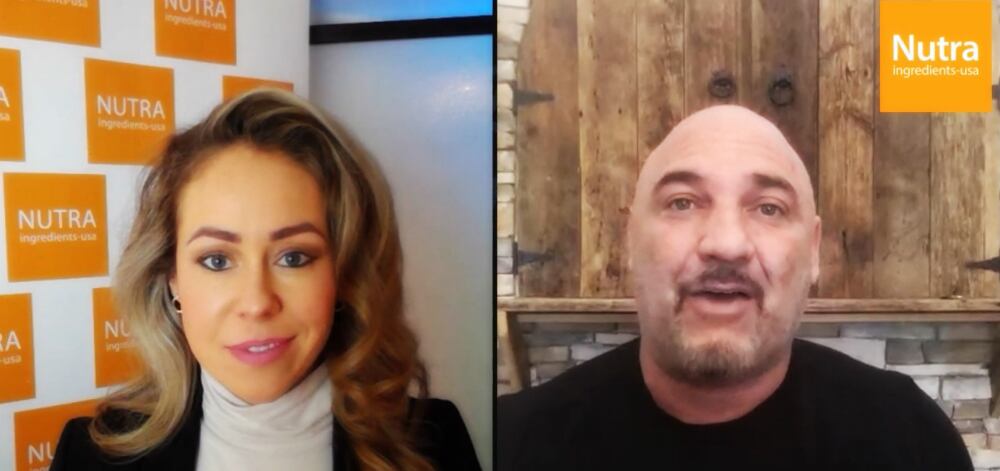The study used the Sanprobi Active & Sport probiotic brand, which contains a combination of Bifidobacterium lactis W51, Levilactobacillus brevis W63, Lactobacillus acidophilus W22, B. bifidum W23 and Lactococcus lactis W58) plus vitamin D3 (3000–4000 IU per day).
Writing in Sports Medicine – Open, Polish researchers reported that probiotics plus vitamin D3 supplementation was associated with lower lactate levels and greater power following different exercise tests.
“This finding may support the notion that changes in the gut microbiome led to an enrichment of species that can metabolize [lactic acid], allowing for more rapid utilization of lactate,” wrote researchers from the Medical University of Gdańsk and Gdansk University of Physical Education and Sport.
The athletic microbiome
Interest in how the gut microbiome is linked to athletic performance – and the potential of modulation of the microbiota via pre- and probiotics to boost performance – is an area of increasing interest.
A extensive 2020 review of the athletic gut microbiota (Journal of the International Society of Sports Nutrition) found that much of the human research into the athletic microbiome has been done only recently.
Starting in 2014 in Ireland with a study on rugby players, 10 studies have looked into gut microbiome makeup among athletes, and seven of those have been published in just the past two years. In addition to the rugby players, subjects have included professional cyclists, elite distance runners, competitive walkers and Olympic rowers.
The new study is reported to be the first to examine the potential effects of a multi-strain probiotic plus vitamin D3 in mixed martial arts (MMA) athletes.
Study details
Twenty-three male MMA athletes were recruited to participate in the four-week randomized double-blind controlled clinical trial. The athletes were randomly assigned to one of two groups: Vitamin D3 only (3000–4000 IU per day) or the Sanprobi Active & Sport product plus the vitamin D3. The probiotic provided 2 billion CFUs per day.
After four weeks of supplementation, the researchers reported that probiotics plus vitamin D3 was associated with lower lactate levels one hour after an acute sprint test, compared to Vitamin D alone.
Moreover, improvements in total work and mean power following anaerobic exercise were only observed in the probiotic+D3 group.
Probiotic+D3 was also associated with improvements in lactate utilization ratio.
“Therefore, it is very likely that changes in the gut microbiome caused the enrichment of species able to metabolize LA and thus enhanced its utilization,” wrote the researchers, who also noted that similar effects have previously been reported for the commercial sports probiotic Lactiplantibacillus plantarum TWK 10.
The researchers called for future studies to assess “higher vitamin D3 doses, gut microbiome composition analysis, serum vitamin D binding protein determination, and different exercise types and intensities to better understand the mechanisms involved in the physiological adaptation.”
Source: Sports Medicine – Open
Published online ahead of print, doi: 10.1186/s40798-023-00576-6
“Effects of Probiotics and Vitamin D3 Supplementation on Sports Performance Markers in Male Mixed Martial Arts Athletes: A Randomized Trial”
Authors: K. Przewłócka et al.



